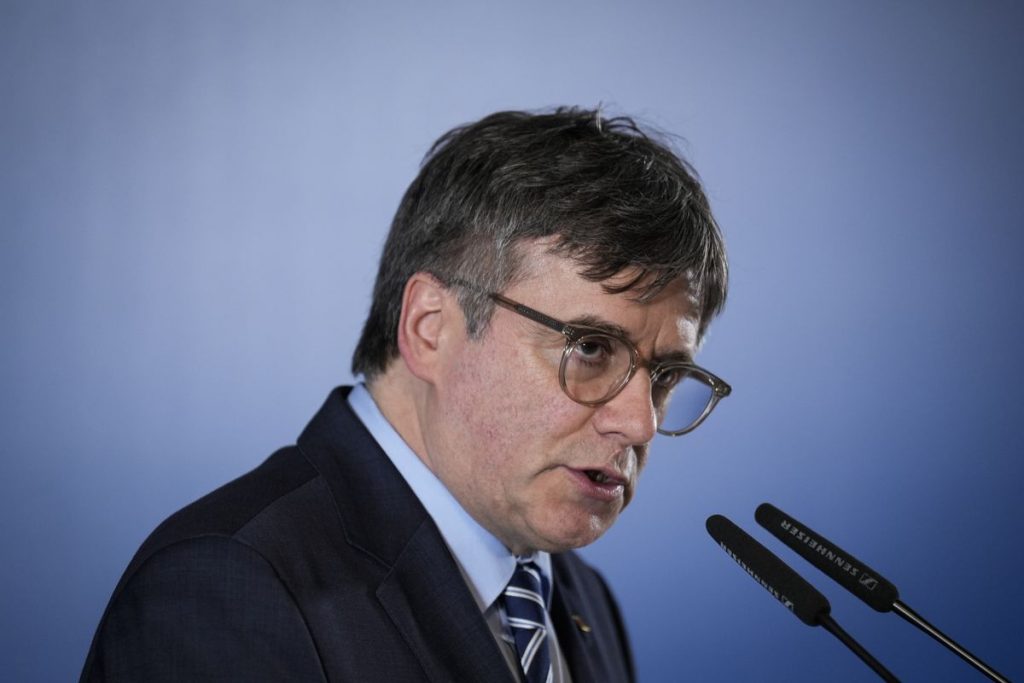The possible return of Carles Puigdemont to Catalonia is unlikely to elevate his political figure. As a myth of Catalonia, Puigdemont occupies a very discreet place. Comparing him to previous presidents such as Lluís Companys or Jordi Pujol would be hurtful for Puigdemont for different reasons. Instead, let us compare him to the last president of the Generalitat who returned from exile, Josep Tarradellas, who had the moral force of being persecuted by a dictatorship. Puigdemont, on the other hand, will return to Catalonia as a result of electoral circumstances that forced Prime Minister Sanchez to make difficult decisions.
Tarradellas’s return was supported by a narrative created around his best political virtues, as even Jordi Pujol acknowledges in his Memoirs. Puigdemont, however, lacks a supporting narrative and relies heavily on his own supporters. While hundreds of thousands may vote for him, his figure only truly symbolizes a few hundred people still emotionally tied to the events of 2017. Tarradellas represented the institutional fate of a culture and language under more than thirty years of fascism. Puigdemont, on the other hand, is more aligned with social media rhetoric and lacks a strong moral voice like Tarradellas had.
Despite his ambiguous rhetoric, Puigdemont’s return should be celebrated, as it showcases his willingness to not spend a single day in prison for Catalonia’s independence cause. His focus on power and disdain for moral authority make him sound like he wants to destroy Spain, but these words do not equate to actions. His insistence on independence stems from personal fulfillment and wellbeing, rather than a desire to harm Spain. Puigdemont’s political strategy revolves around avoiding jail time, as only the crazed or foolish would risk imprisonment for Catalonia’s independence.
While Puigdemont has spent almost seven years in Belgium, it does not necessarily mean he values Catalonia’s independence at seven years of exile. For him, living in a European country in the 21st century is preferable to spending a day in prison. His return to Catalonia as a typical candidate for regional elections, after declaring and retracting Catalonia’s independence, shows his acceptance of a political defeat. Puigdemont’s actions demonstrate a sensible and orderly approach to politics, even if his rhetoric suggests otherwise.
In conclusion, Puigdemont’s return may not drastically change his political standing, but it does highlight his pragmatic approach to the independence cause. His decision to avoid prison may seem controversial to some, but in the political landscape of Catalonia, it aligns with a certain logic. Ultimately, Puigdemont’s return as a candidate in Catalan elections signifies a shift towards normalcy, away from grand gestures and towards practicality in achieving his political goals.


